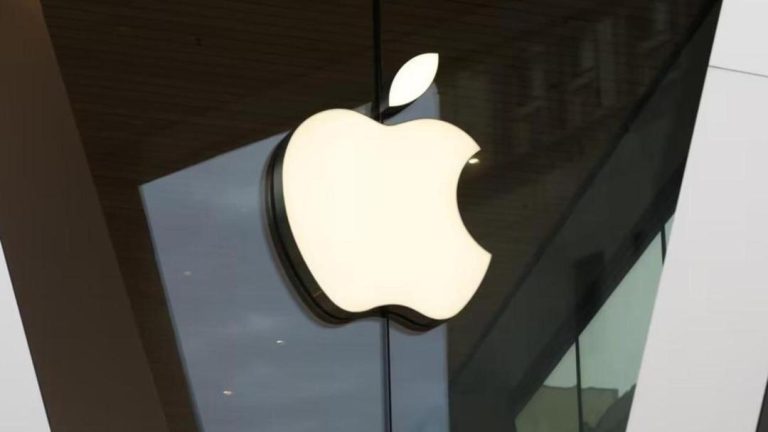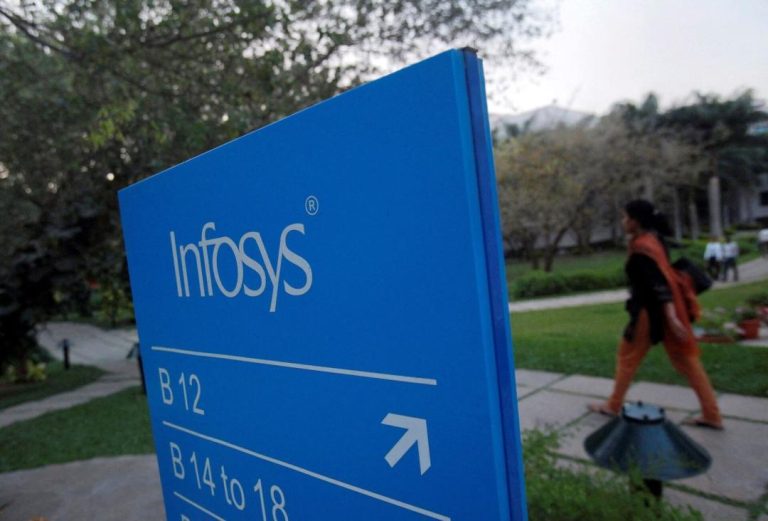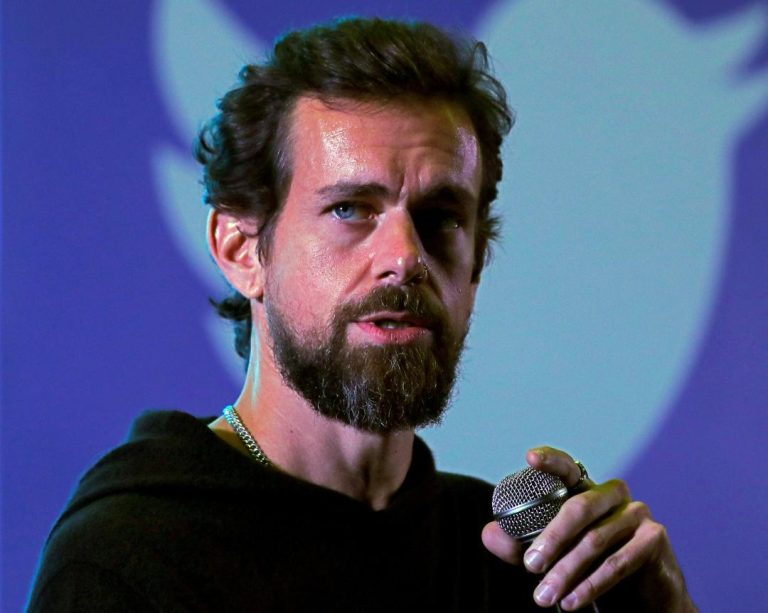
Why are Ola, Uber & Rapido drivers on indefinite strike in Mumbai?
The streets of Mumbai are witnessing a unique phenomenon – a strike by drivers of ride-hailing services such as Ola, Uber, and Rapido. For several days now, these drivers have been on an indefinite strike, causing disruptions in the city’s transportation system. Passengers are facing longer wait times and fewer cabs on the road, making their daily commutes a chore. But why are these drivers protesting? What are their grievances, and what do they hope to achieve from this strike?
According to reports, the drivers are demanding a revision in the commission rates charged by the aggregators. They claim that after deducting the aggregator commissions and fuel expenses, their actual income falls to a meager ₹8-12 per kilometre. With rising fuel and maintenance expenses, these earnings are unsustainable for the drivers. To put this in perspective, a driver who covers around 200 km per day would earn around ₹1,600, which is hardly sufficient to cover their expenses.
The drivers are also demanding better working conditions, including a reduction in the number of hours they have to spend on the road. Many drivers have to work for 12 hours or more, which can be physically demanding and take a toll on their health. They are also seeking improved vehicle maintenance facilities and a more robust support system from the aggregators.
The strike is not a new phenomenon; it has been a recurring issue in the city. In the past, Ola and Uber drivers have gone on strike several times, citing similar grievances. However, this strike is different in the sense that it involves drivers from multiple aggregators, including Rapido, which is a relatively new player in the market.
So, how did this strike come to be? According to reports, the drivers were dissatisfied with the commission rates and working conditions for some time now. They had been trying to negotiate with the aggregators, but their demands were not being met. Finally, they decided to take a collective stand and go on strike.
The impact of the strike has been significant. Passengers are facing long wait times, and many are being forced to take alternative modes of transport, such as autos or buses. The strike has also affected the economy of the city, with many businesses and individuals struggling to get around.
The aggregators, on the other hand, have been trying to resolve the issue peacefully. They have offered to revise the commission rates and improve working conditions, but the drivers are not satisfied with the offers. The drivers claim that the offers are not substantial enough to address their grievances.
The government has also been trying to intervene, but the situation remains tense. The authorities have appealed to the drivers to call off the strike, but they are refusing to budge. The drivers claim that they will only return to work when their demands are met.
In an interview with NDTV, a driver from Ola said, “We are not asking for the moon. We just want a fair deal. The aggregators are making huge profits, but we are the ones who are bearing the brunt. We are the ones who have to spend long hours on the road, risking our lives and health. We deserve better.”
Another driver from Uber added, “The aggregators are not paying us for the time we spend waiting for passengers. They are only paying us for the time we spend driving. This is not fair. We should be paid for the time we spend waiting, too.”
The strike is a wake-up call for the aggregators and the government. It highlights the plight of the drivers who are the backbone of the ride-hailing industry. The aggregators need to reconsider their commission rates and working conditions to ensure that the drivers are able to make a living. The government needs to intervene and ensure that the drivers’ rights are protected.
In conclusion, the strike by Ola, Uber, and Rapido drivers in Mumbai is a significant development. It highlights the struggles faced by the drivers and the need for the aggregators and the government to address their grievances. The strike may have caused disruptions, but it is a necessary step to ensure that the drivers are treated fairly.






